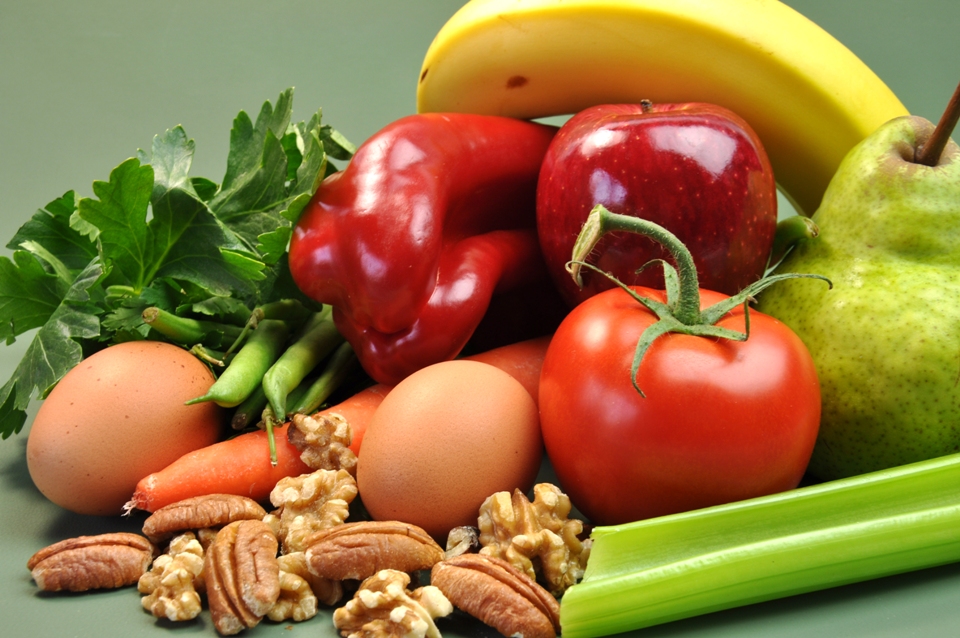Good nutrition is an important aspect of everyone’s health. It has a central role in ensuring the health and ability of the immune system to fight diseases. Regardless of your HIV status, a good diet can make your body feel better, get more energy and keep your bones and heart-healthy.
Living with HIV doesn’t compel you to make big changes in your diet, but a healthy and balanced diet can help improve your general health. If you take the anti retrieval drugs well and eat healthily, your viral load could be lowered to an extent your next HIV test can give good results. Throughout this post, we will discuss the best foods to eat when living with HIV.
Let’s have a look.
Types of food HIV patients should eat.
Generally, for people living with HIV, a healthy diet has the same effect on everyone else. Good nutrition should be a balance of different foods which should include:
- Fruits and vegetables.
- Starchy foods.
- Unsaturated fats and spreads.
- Fish, eggs, nuts, pulses, and meat.
Foods having a lot of fats and sugar should be taken less often and in small quantities. They can lead to other health conditions that can aggravate your situation as a person living with HIV.
1. Fruits and vegetables
These foods are known to be rich in vitamins, fiber, and minerals. Also, they are rich in antioxidants which help protect your immune system.
Fruits and vegetables should make at least a third of your daily intake; for instance, you need to aim at having five to nine servings of fruits each day. The best way of achieving this aim is to fill half of your plate with vegetables and an appropriate piece of fruit.
These foods are low in fat content and are effective if you are trying to lose weight. Additionally, they can help prevent heart diseases and certain cancer traits.
2. Starchy foods
Starchy foods are the primary source of carbohydrates and play an essential role in our general health. Mainly, these foods include bread, millet, cereals, cassava, green bananas, rice, maize meal, and yam.
Starchy food should make the basis of your diet, precisely a third of your daily food intake. They give carbohydrates which are responsible for providing energy, iron, fiber, calcium, and B vitamins.
Taking foods rich in fiber helps with digestion problems and reduces the chances of developing heart disease, bowel cancer, and type 2 diabetes.
It is advisable to choose whole grain carbohydrates over refined ones where possible. This is because they have more vitamins, fibers, and minerals.
Leaving peels on potatoes also can help boost your fiber intake.
In case you are allergic to gluten or suffering from coeliac disease, you can choose from the many gluten-free versions of starchy foods like bread and pasta.
3. Dairy products
This includes cheese, yogurt, and milk. They are rich in minerals, vitamins and most notably, they are known for having more calcium. Like the above foods, you need to include some dairy products or their alternatives in your daily food intake.
If you are allergic to dairy products, you can get calcium from alternatives like soy, oat, nut, or coconut. You are advised to check the product labels carefully as not all the options are fortified with calcium.
Another good source of calcium if you are allergic to dairy products is fish. Eating fish with bones such as sardines, tilapia, or whitebait will provide you with enough mineral sources.
4. Beans, eggs, fish, meat, and nuts
These foods are known to provide lean proteins, essential in building muscles and a strong immune system. And it is vital to eat more protein if you are in the later stage of HIV or underweight.
Choosing non-animal-based protein options like pulses (lentils, beans, and peas) provide you with a great source of cheap and low-fat proteins, which is best for your heart.
Also, you can get great benefits from eating at least two portions of fish weekly. For instance, including a single portion of oily food can help lower your risk of having cardiac-related problems. Oily fish are rich in omega-3 possessing anti-inflammatory traits recommended for a good heart.
5. Limit your sugar and salt intake
Regardless of the reasons, whether it is due to the type of treatment drugs you are using or the virus itself, HIV increases your heart attack chances.
Taking too much salt and sugar can boost your chances of getting a cardiac attack and aggravate your condition as an HIV positive victim.
It is recommended to have only 10% of your daily calorie intake from drinks and foods with added sugar or salt.
Conclusion.
If you live with HIV, nutrition and HIV is a discussion you will need to pay more attention to since your body will experience changes due to the disease itself and the medications.
Though being HIV positive does not require you to change a lot of what you have been eating, adhering to a natural, healthy and balanced diet will keep you stronger, active, and healthy.
Eat a lot of starchy foods, fruits and vegetables, dairy products, and food that provide lean proteins like fish, beans, pulses, etc., to reap the required minerals and vitamins helpful for your condition as an HIV patient.
Reduce your sugar and salt intake to avoid increasing the chances of getting a heart attack, given that HIV itself boosts your chances of cardiac problems.

